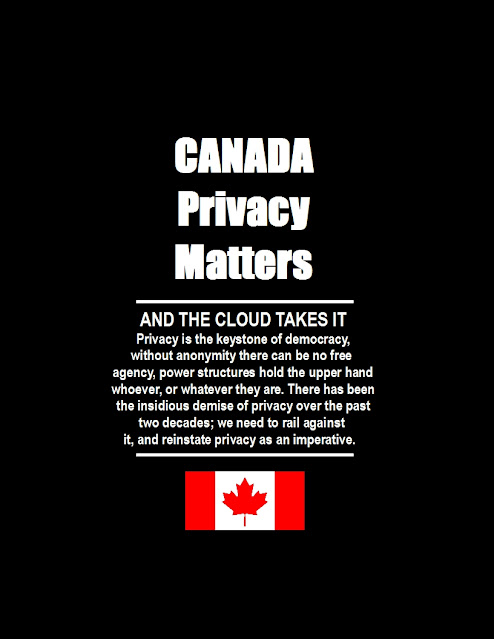Using cloud services can offer convenience and accessibility to our data, but it also raises some privacy concerns. Here are some common privacy issues associated with keeping things in the cloud:
Data Security: One of the primary concerns is data security. When your data is stored in the cloud, it is typically hosted on servers managed by the cloud service provider. While most reputable providers have robust security measures in place, there's always a risk of data breaches, hacking, or unauthorized access.
Data Ownership and Control: Storing data in the cloud means entrusting it to a third-party service provider. This raises questions about data ownership and control. Users may not have full control over their data once it's uploaded to the cloud, and providers may have the right to access, analyze, or use the data for certain purposes.
Data Sharing and Third-Party Access: Some cloud service providers may share or sell user data to third parties for various reasons, such as targeted advertising or data analytics. Even if the data is anonymized, there's always a possibility of re-identification, leading to privacy concerns.
Compliance and Legal Issues: Different countries have varying laws and regulations regarding data privacy. Storing data in the cloud might subject it to different jurisdictions, raising concerns about compliance with relevant privacy laws and the potential for government access to the data.
Data Deletion and Retention: Users may want to delete their data from the cloud service, but it's not always straightforward to ensure that all copies are permanently removed. Some providers may retain data even after the user deletes it, which can be a privacy concern.
Encryption and Data Access: While some cloud providers offer encryption for data in transit and at rest, not all do. If data is not adequately encrypted, it could be vulnerable to interception or unauthorized access during transmission or storage.
Service Outages and Data Loss: Relying on cloud services means being dependent on the provider's infrastructure. In case of a service outage or data loss, users may lose access to their data temporarily or even permanently.
User Profiling and Tracking: Cloud providers may use data analytics to create user profiles and track behaviour. While this can lead to improved service offerings, it can also raise concerns about invasive tracking and targeted advertising.
To mitigate privacy concerns when using cloud services, consider the following steps:
- Choose reputable cloud service providers with strong security measures and a clear privacy policy.
- Encrypt your data before uploading it to the cloud to add an extra layer of protection.
- Regularly review and understand the terms of service and privacy policies of cloud providers.
- Be cautious about what data you store in the cloud, especially sensitive or confidential information.
- Utilize two-factor authentication and strong passwords to secure your cloud accounts.
- Regularly review and manage the permissions granted to third-party apps accessing your cloud data.
- Stay informed about changes in privacy laws and regulations that may impact cloud data storage.
Ultimately, it's crucial to strike a balance between the convenience of cloud services and the protection of your privacy and sensitive information.


No comments:
Post a Comment